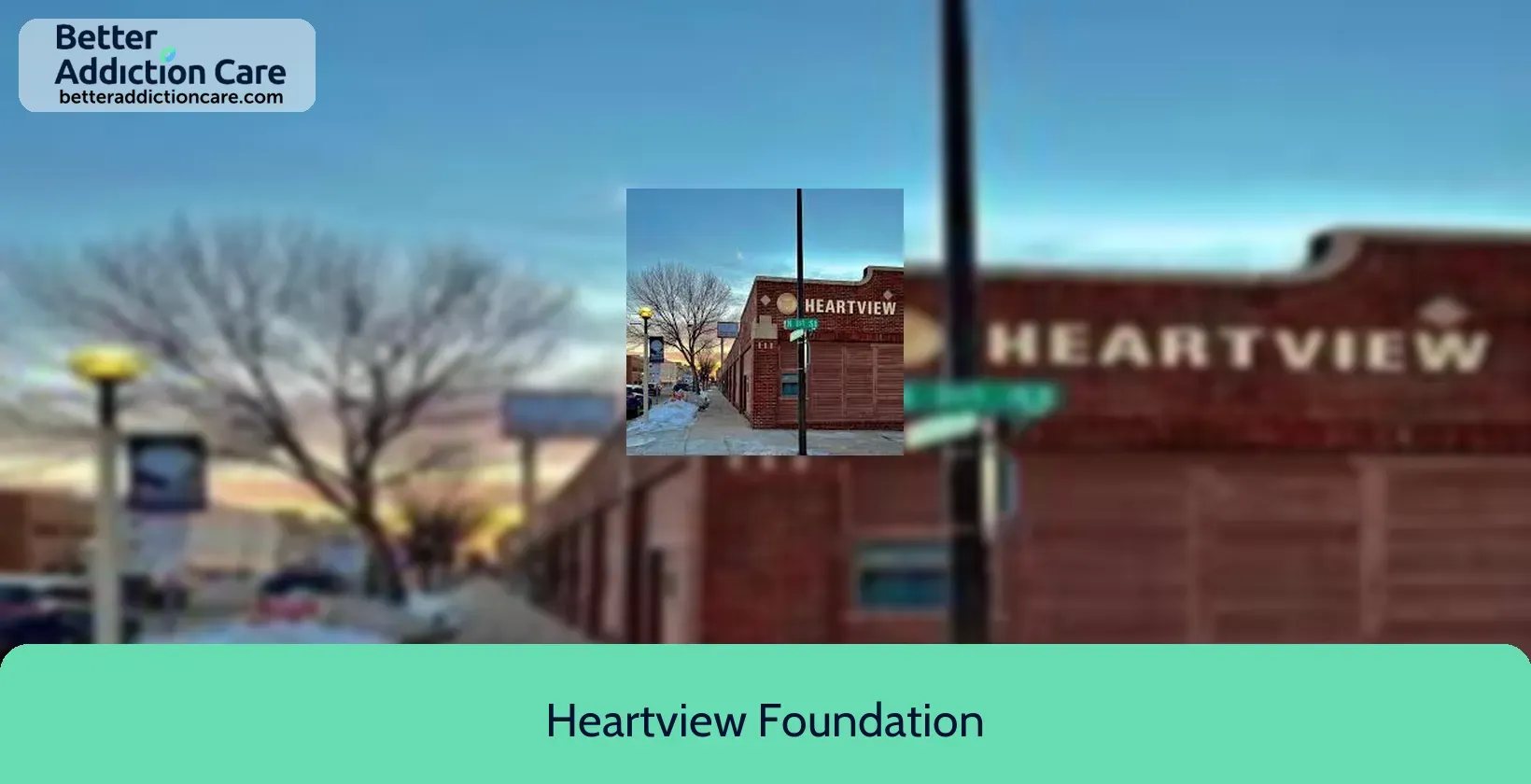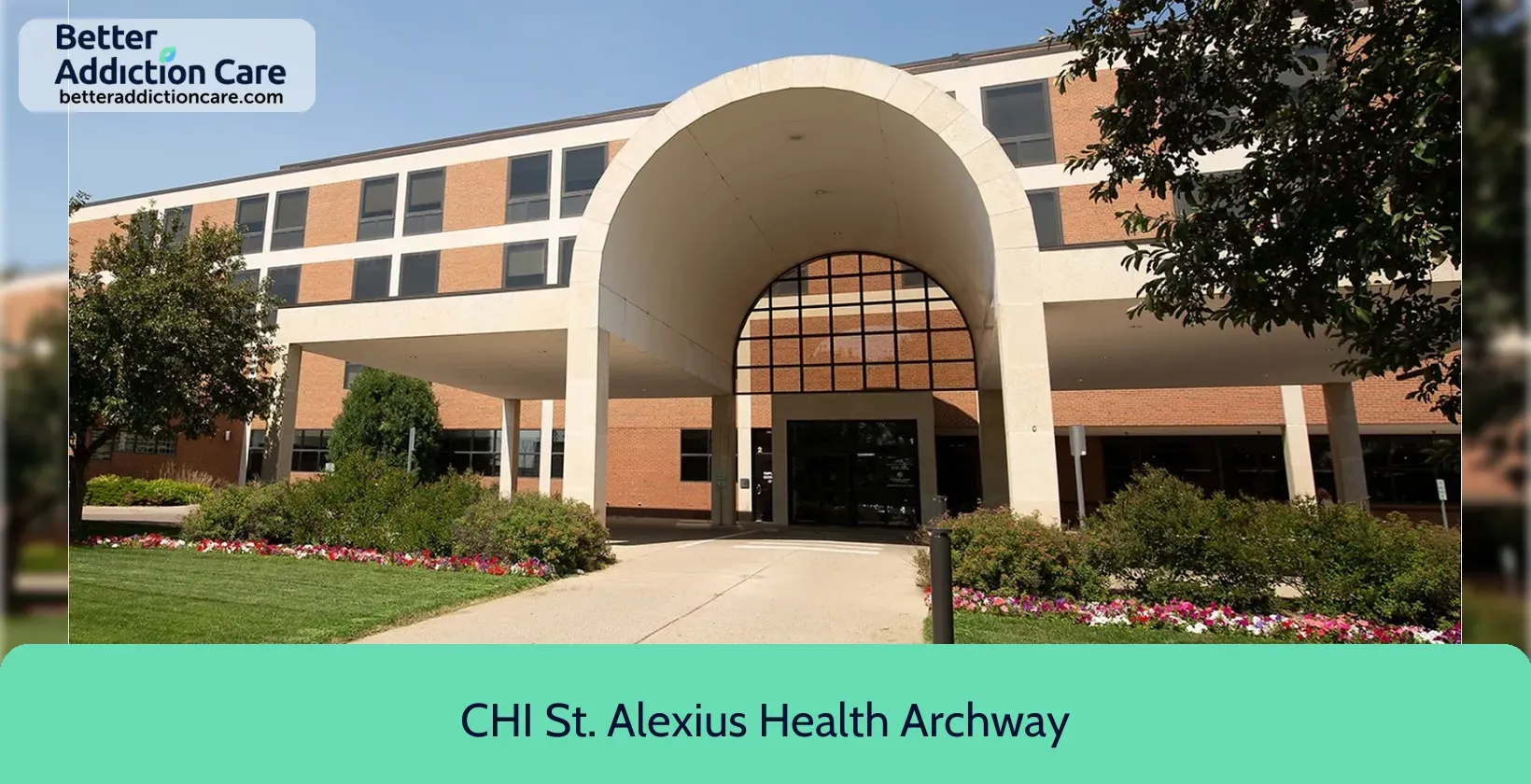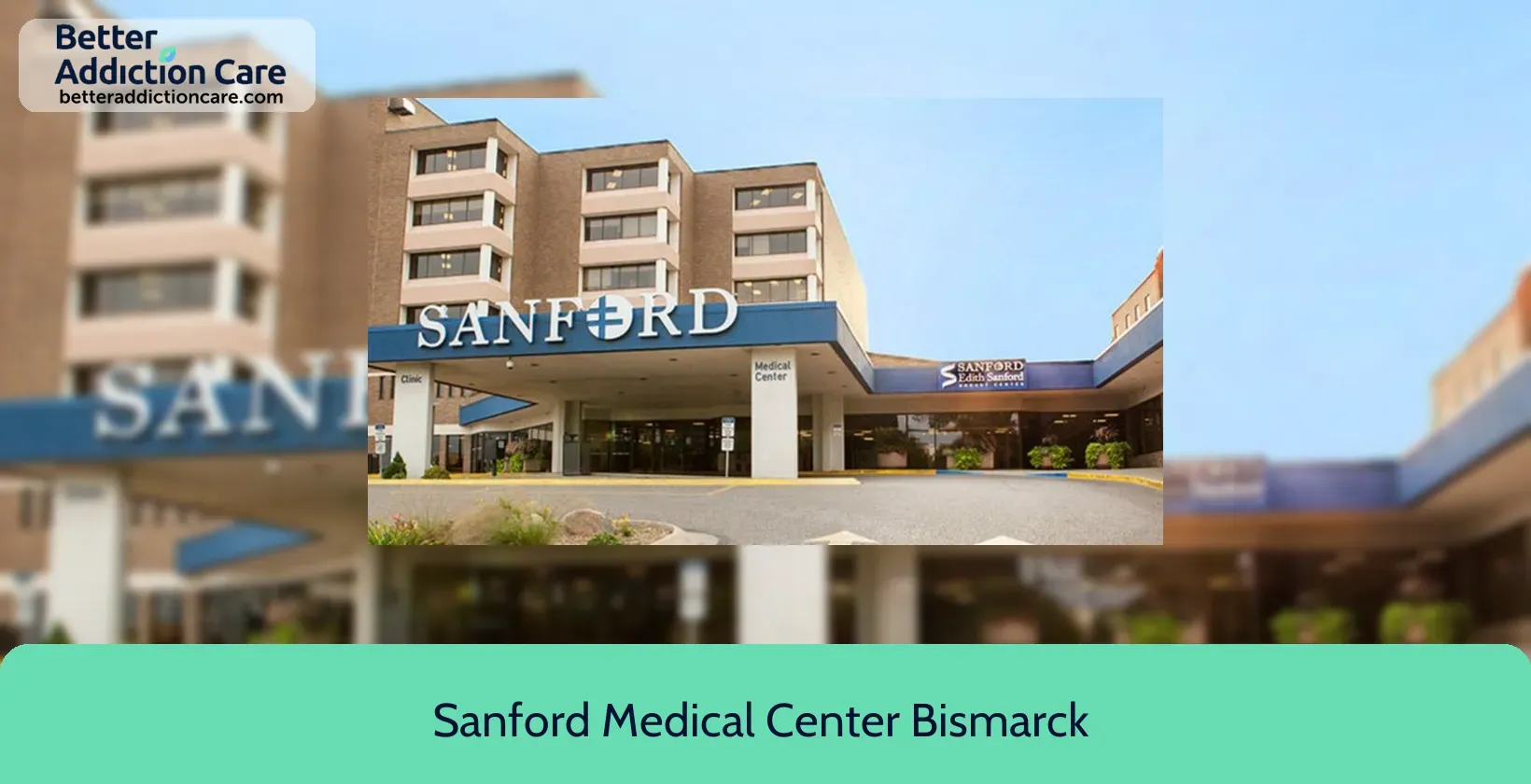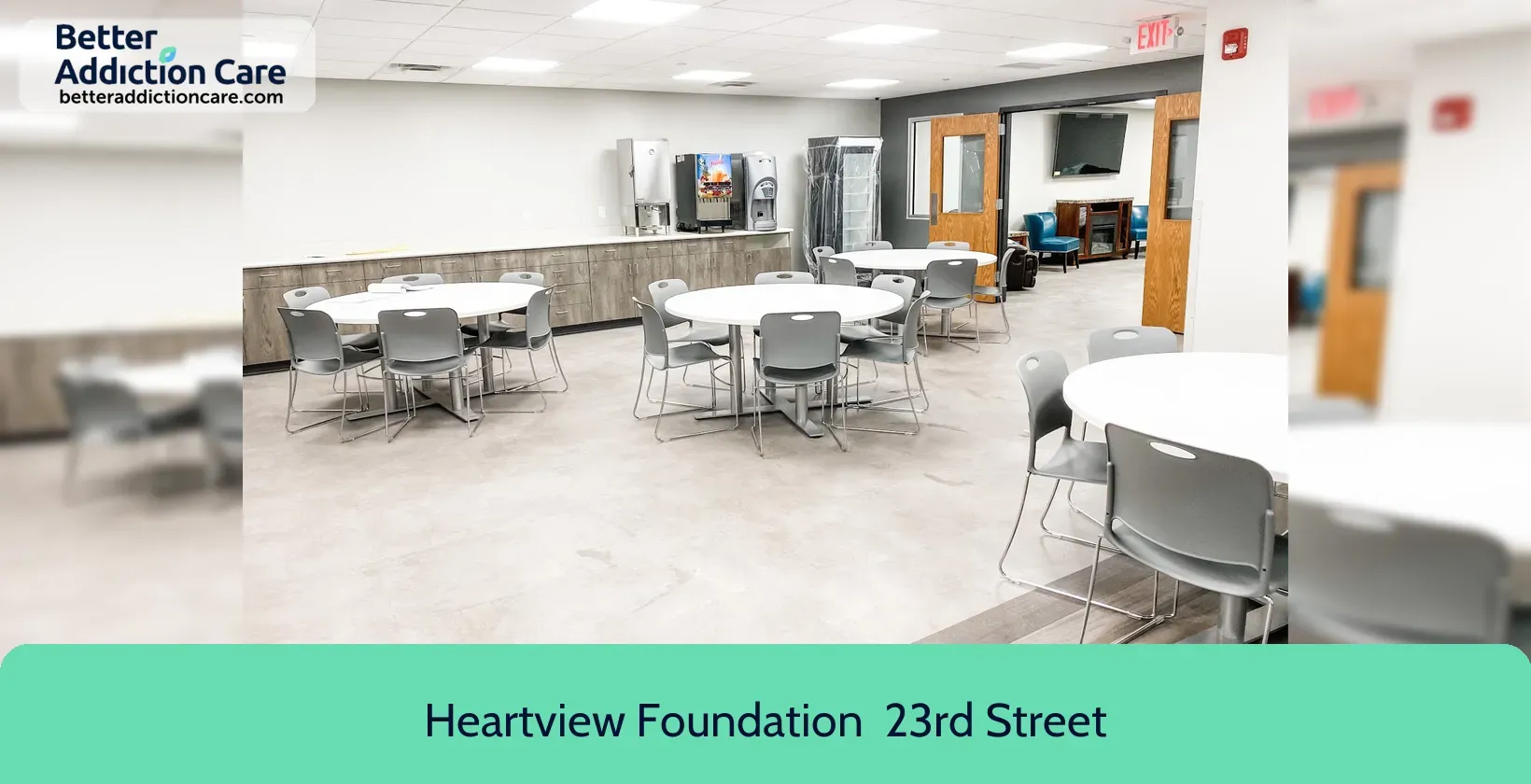Chambers and Blohm Psych Services

Overview
Chambers and Blohm Psych Services is an accredited substance abuse treatment center that provides outpatient treatment for men and women between 18 and 65+ years of age. As part of their special programs, Chambers and Blohm Psych Services treats clients who have experienced trauma. To help patients achieve sobriety, Chambers and Blohm Psych Services provides intake assessments. Afterward, patients receive cognitive behavioral therapy, telemedicine/telehealth therapy, and substance use disorder counseling during treatment. Chambers and Blohm Psych Services is located in Bismarck, North Dakota, providing treatment for people in Burleigh County, accepting cash or self-payment, medicaid, and medicare.
Chambers and Blohm Psych Services at a Glance
Payment Options
- Cash or self-payment
- Medicaid
- Medicare
- Private health insurance
- Federal military insurance (e.g., TRICARE)
Assessments
- Screening for tobacco use
- Comprehensive mental health assessment
- Comprehensive substance use assessment
- Interim services for clients
- Screening for mental disorders
Age Groups
- Adults
- Seniors
- Young adults
Ancillary Services
- Domestic violence services, including family or partner
- Mental health services
- Social skills development
Highlights About Chambers and Blohm Psych Services
6.89/10
With an overall rating of 6.89/10, this facility has the following balanced range of services. Alcohol Rehabilitation: 8.00/10, Treatment Options: 7.58/10, Drug Rehab and Detox: 6.00/10, Insurance and Payments: 6.00/10.-
Alcohol Rehabilitation 8.00
-
Treatment Options 7.58
-
Drug Rehab and Detox 6.00
-
Insurance and Payments 6.00
Accreditations
State mental health department:
State mental health department accreditation refers to the process of evaluating and certifying the quality and standards of a state's mental health department, ensuring that it provides high-quality services and meets specific criteria for mental health care. The accreditation process is performed by a third-party organization and helps to improve the overall care and treatment of individuals with mental health conditions.
Treatment At Chambers and Blohm Psych Services
Treatment Conditions
- Alcoholism
- Mental health treatment
- Substance use treatment
- Co-occurring Disorders
Care Levels
- Outpatient
- Regular outpatient treatment
- Aftercare
Treatment Modalities
- Cognitive behavioral therapy
- Telemedicine/telehealth therapy
- Substance use disorder counseling
- Trauma-related counseling
- Smoking/vaping/tobacco cessation counseling
Ancillary Services
Special Programs
- Clients who have experienced trauma
Get Help Now
Common Questions About Chambers and Blohm Psych Services
Contact Information
Other Facilities in Bismarck

6.80

7.63

6.71

6.91

7.74

6.71

6.62

7.48
Browse rehab centers near Bismarck and in other cities across North Dakota
DISCLAIMER: The facility name, logo and brand are the property and registered trademarks of Heartview Foundation - 23rd Street, and are being used for identification and informational purposes only. Use of these names, logos and brands shall not imply endorsement. BetterAddictionCare.com is not affiliated with or sponsored by Heartview Foundation - 23rd Street.
